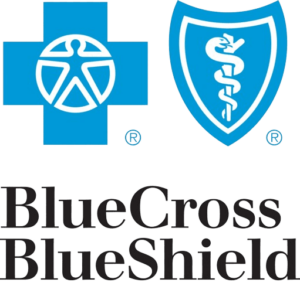At The Farley Center in Virginia, we recognize the critical role that community support plays in the recovery process. Our 12-Step Support Groups provide a structured, peer-supported environment that helps individuals navigate the challenges of addiction recovery. These groups are based on a set of guiding principles, the 12 steps, which focus on fostering personal growth, accountability, and spiritual awakening. Participants share experiences, strengths, and hopes, aiding each other through mutual understanding and support. This tried-and-true recovery method has helped millions worldwide achieve and maintain sobriety by promoting essential recovery concepts such as acceptance, surrender, and ongoing personal inventory. If you’re seeking a supportive community to help guide you through recovery, consider joining a 12-Step Support Group at The Farley Center. For more information about our programs, please contact us at (888) 707-3220.
At The Farley Center, our 12-Step Support Groups offer more than just a method for overcoming addiction; they provide a transformative community experience that promotes deep, personal healing. This well-established program encourages participants to work through a series of steps that emphasize honesty, humility, and self-reflection, all within a supportive group setting. Members share their journeys, learn from each other’s experiences, and support one another in a way that builds a powerful sense of community and belonging. This shared commitment to recovery fosters an environment where profound change is not only possible but expected. The transformative power of these groups lies in their ability to unite individuals from diverse backgrounds in the common goal of sustained recovery, making them an essential component of the treatment offerings at The Farley Center.

12-Step Support Groups at The Farley Center embody the cycle of recovery that transitions members from healing to helping. This cycle is a core principle of the 12-Step philosophy, where those who have benefited from the program become mentors to new members, offering guidance and support. This process not only reinforces the recoveree’s own sobriety but also fosters a profound sense of purpose and community involvement. As members progress through the steps and begin to share their experiences, strengths, and hopes with newcomers, they solidify their own recovery while contributing to the recovery of others. This cycle creates a sustainable ecosystem of support and recovery that continuously revitalizes the community and enriches the lives of all its members.
Each piece of content above is designed to educate potential clients and their families about the significant benefits of participating in 12-Step Support Groups at The Farley Center, showcasing how these groups can support and transform lives through structured support, community involvement, and personal growth.
At The Farley Center in Virginia, our 12-Step Support Groups play a crucial role in fostering a supportive community that encourages both personal and communal growth. These groups provide a foundation of support, accountability, and encouragement that is essential for successful long-term recovery from addiction. By embracing the principles and steps of the program, participants experience transformative healing, gain profound spiritual insights, and contribute positively to the lives of others within the group. Whether you’re beginning your journey to recovery or seeking to strengthen your ongoing sobriety, The Farley Center’s 12-Step Support Groups offer a path to a healthier, more fulfilling life. To learn more about how these groups can support your recovery, please call us at (888) 707-3220. Join us to start your journey of healing and transformation.
It is our hope that when you’re ready to take your first step towards recovery, you won’t have to worry about how you’ll cover the costs of your recovery program. We accept most major health insurance plans, and offer complimentary insurance verification.






